What are Rare Clotting Factor Deficiencies? — Russian
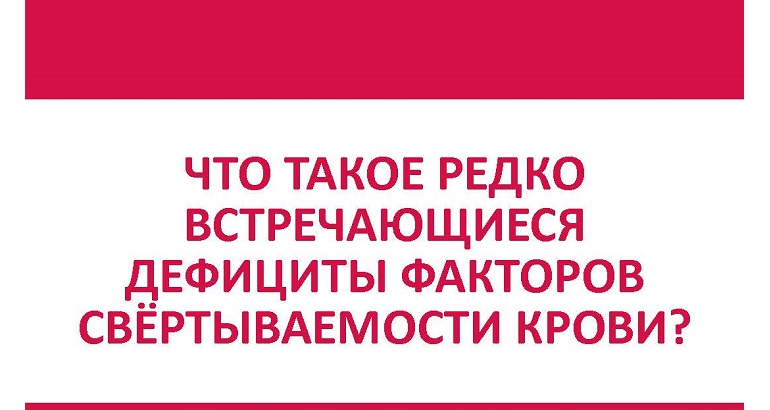
Also Available In: Japanese This resource has also been translated into the following languages, with permission from the WFH, by NMOs: Traditional Chinese This patient handbook contains basic information about the inheritance, diagnosis, symptoms and management of rare coagulation factor deficiencies.
Patient Outreach Guide for Hemophilia and Other Bleeding Disorders — Russian
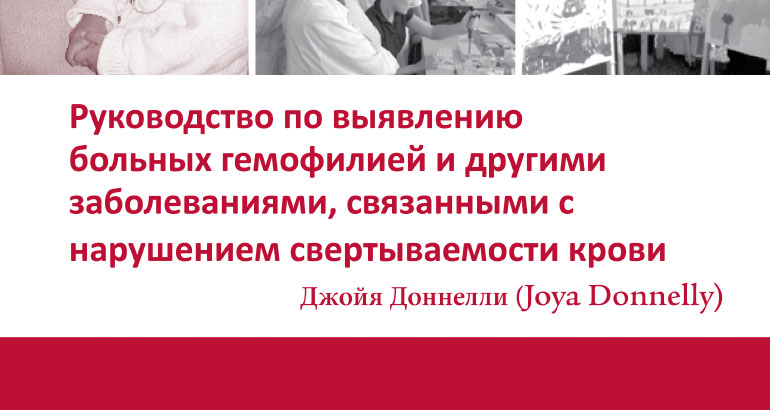
This guide helps national hemophilia organizations plan and carry out an outreach campaign to identify people with hemophilia or other bleeding disorders who have not been diagnosed or are underserved by healthcare services.
Advantages of a National Tender System for Clotting Factor Concentrates — Russian
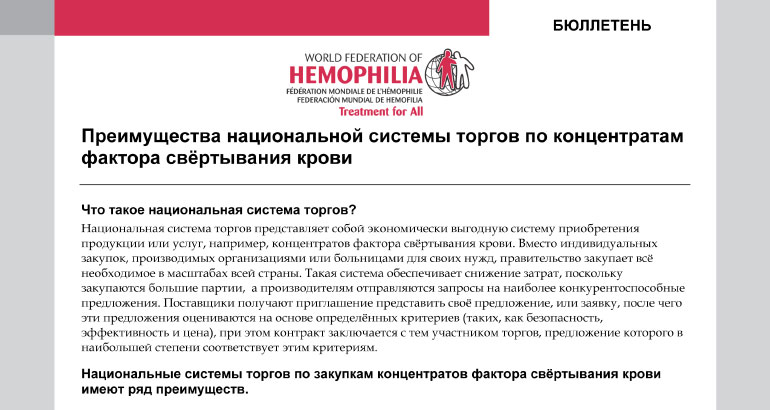
Also Available In: Japanese A national tender system is a cost-effective system for the purchase of products or services, such as clotting factor concentrates, that facilitates the prediction of demand and use of factor products and can lead to a higher standard of care.
What is von Willebrand Disease? — Russian
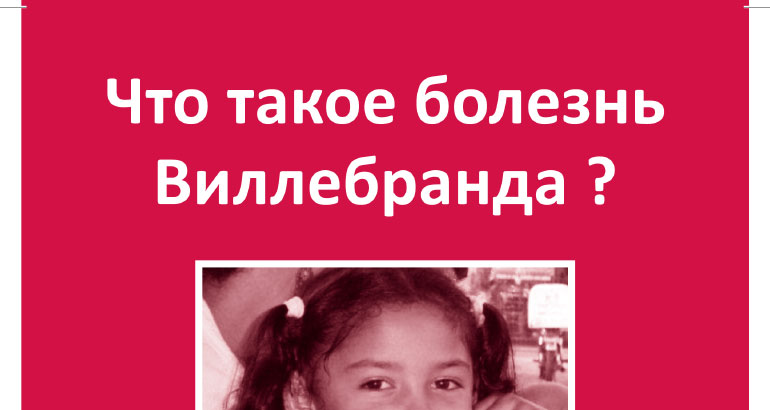
This edition is also available in: Japanese This edition of this resource has also been translated into the following languages, with permission from the WFH, by NMOs: Farsi, Polish, Bengali, Setswana This patient handbook contains basic information about the inheritance, diagnosis, symptoms and management of von Willebrand disease. Всемирная федерация гемофилии не занимается медицинской практикой и […]
Hemophilia in Pictures Educator’s Guide — Russian
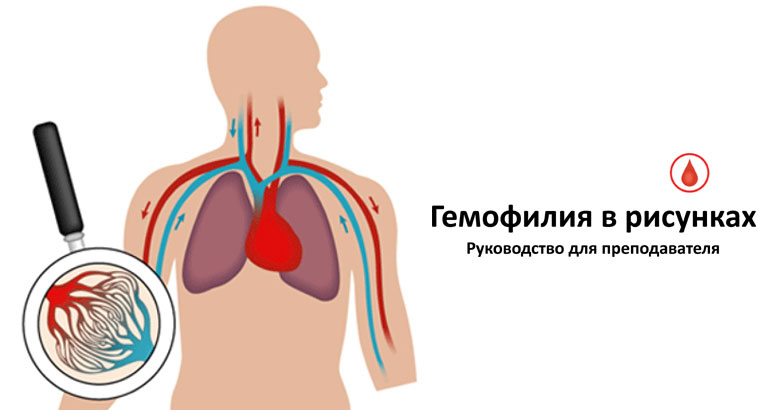
Also Available In: Japanese A companion to Hemophilia in Pictures, this Educator’s guide provides more detailed information for advanced learning. Also includes tips for effective patient education, key talking points, and review quizzes.
Hereditary Plasma Clotting Factor Disorders and their Management — Russian
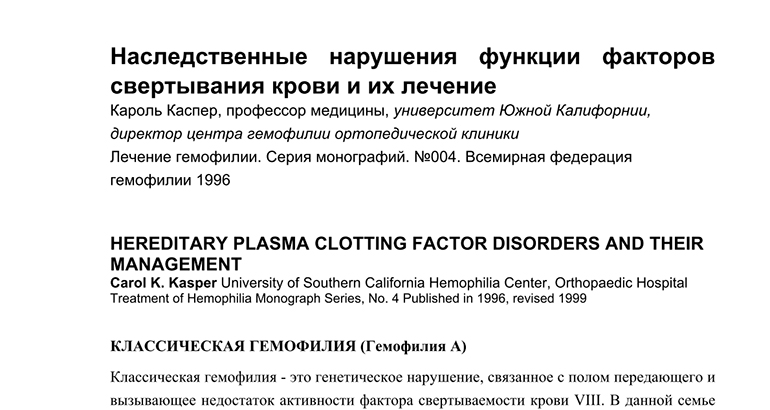
Also Available In: English, Spanish This is not an official WFH translation. This resource has been translated with permission by a WFH National Member Organization (NMO), and is shared here with their kind permission. Translating organizations are encouraged to have translations reviewed by local experts, the WFH is not responsible for the translation or for […]
Platelet Function Disorders — Russian
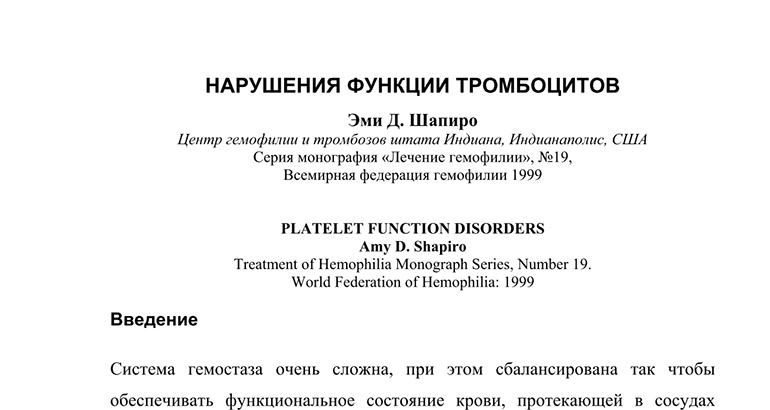
Also Available In: English, Spanish This is not an official WFH translation. This resource has been translated with permission by a WFH National Member Organization (NMO), and is shared here with their kind permission. Translating organizations are encouraged to have translations reviewed by local experts, the WFH is not responsible for the translation or for […]
Benefits of a National Patient Registry — Russian
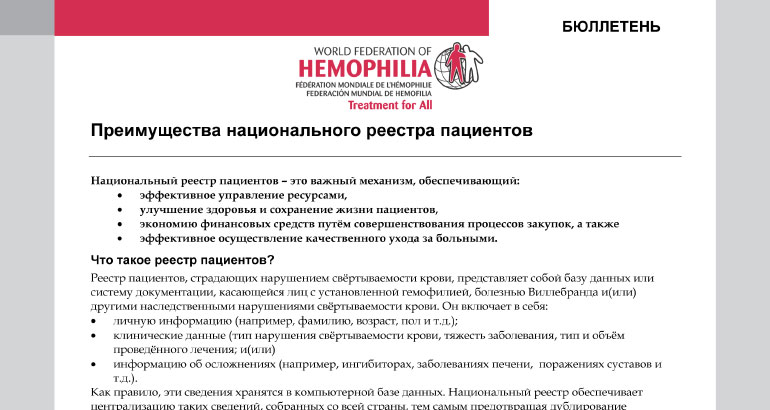
Also Available In: Japanese Patient registries are crucial for monitoring trends in health, allocating resources, organizing and tracking distribution of treatment products, and improving the purchasing process on a national scale.
Exercises for People with Hemophilia — Russian
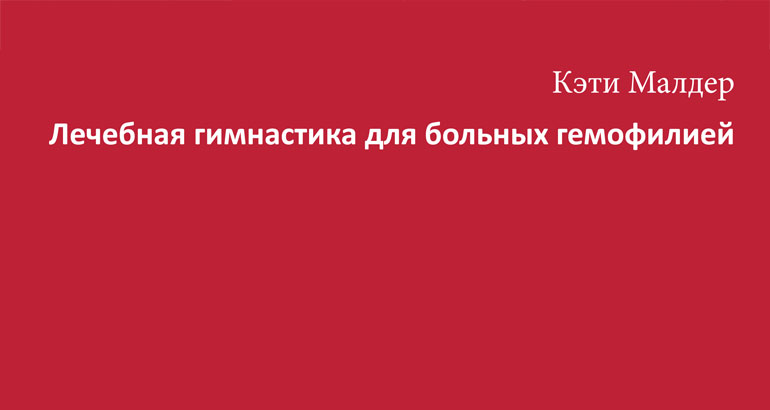
This resource has also been translated into the following languages, with permission from the WFH, by NMOs: Amharic, Czech, Farsi, Japanese, Latvian, Lithuanian, Mongolian, Polish, Portuguese, Serbian, Traditional Chinese, Vietnamese This illustrated guide includes a detailed description of exercises designed to counteract the long-term effects of joint and muscle bleeding and the tendency to develop […]
Hemophilia in Pictures — Russian
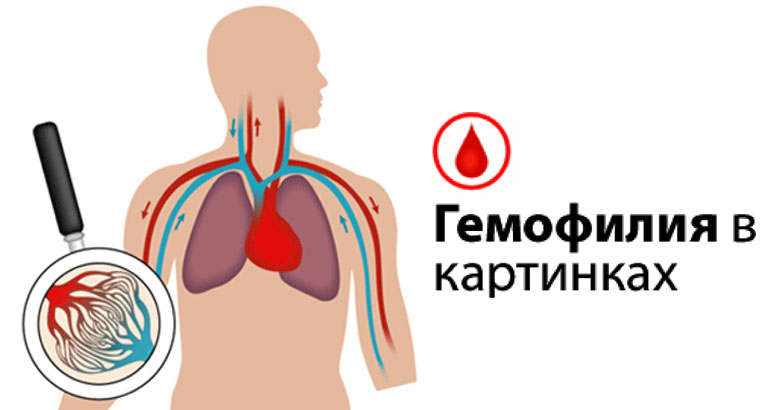
This resource has also been translated into the following languages, with permission from the WFH, by NMOs: Estonian, Farsi, Greek, Indonesian, Italian, Macedonian, Polish, Portuguese, Sesotho, Vietnamese A colour-illustrated guide to hemophilia. It is the perfect educational tool for parents, nurses and other healthcare providers, and anyone seeking to transmit basic information about hemophilia and its […]
Guide to Developing a National Patient Registry — Russian
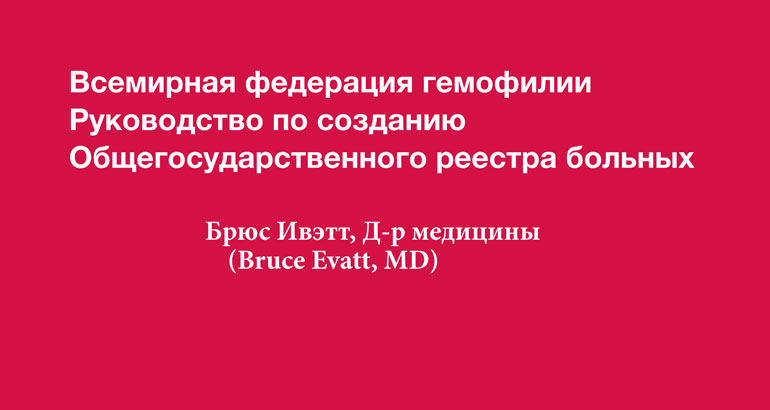
Having a national patient registry means being able to answer fundamental questions about the hemophilia population within a given country. This step-by-step guide outlines the basic principles of data collection, maintenance, and analysis and compares different types of registries.
Economic Benefits of Home Therapy — Russian
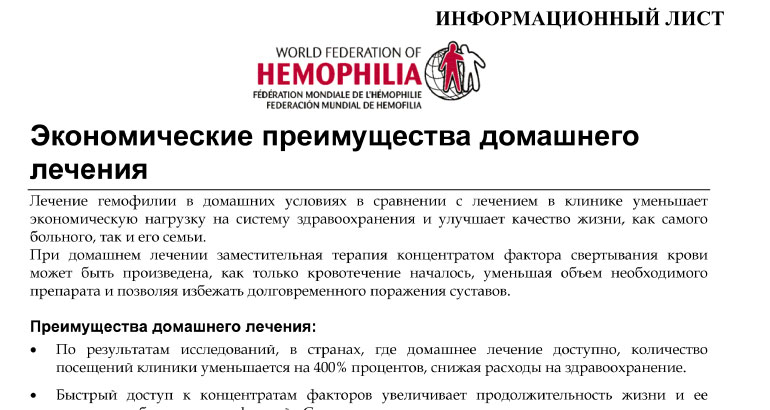
Also Available In: Japanese Access to home treatment reduces the economic impact on healthcare systems and improves the quality of life for both the person with hemophilia and his family.
